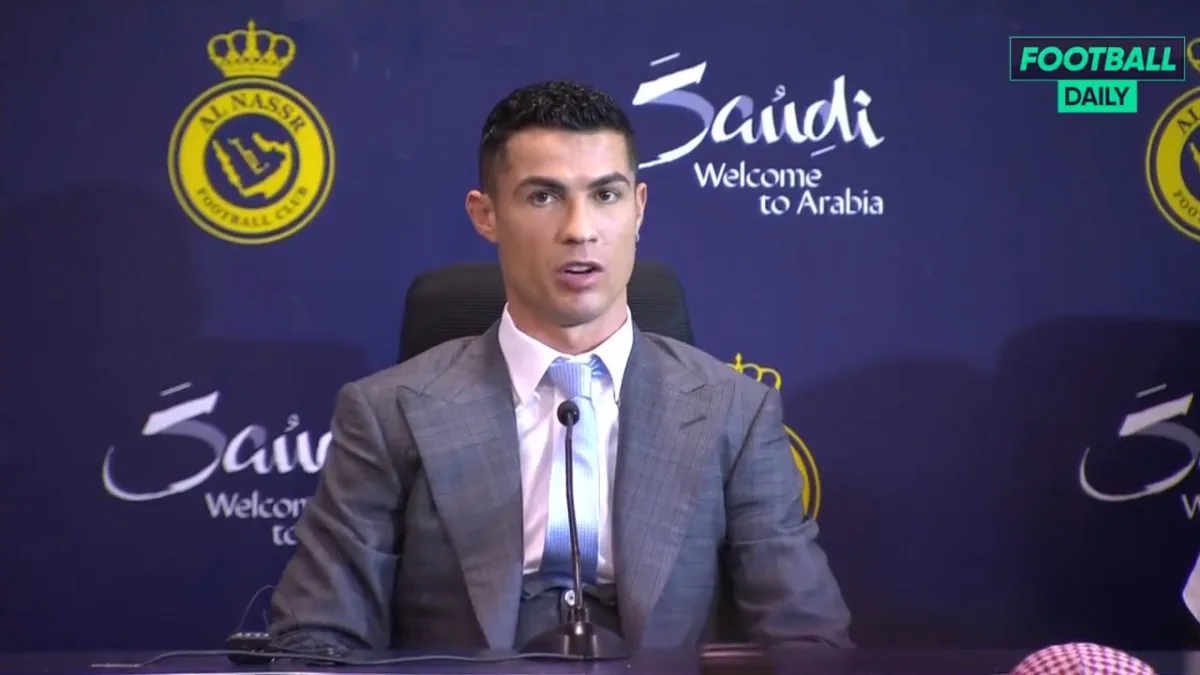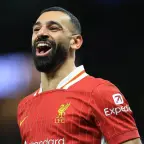-
Feature
- 6 hours ago
Exclusive: What the ‘Ronaldo rule’ really means for Man Utd's transfer policy

Cristiano Ronaldo continues to cause shockwaves at Manchester United, with his exit set to prompt a change of wage structure at the club.
Ronaldo proved hard for Man Utd to sell on when the club found that he no longer matched the project, which meant that he was ultimately allowed to join Al-Nassr on a free transfer.
In order to stop themselves from being burned again, the Old Trafford club are reportedly considering a ‘Ronaldo rule’, which would reportedly prevent any of their players from earning over £200,000 a week.
CBS Sports’ Ben Jacobs explains for FootballTransfers why the situation is a little more nuanced than it may appear...
MORE: Why Man Utd have offered De Gea a huge new deal
Manchester United when Cristiano Ronaldo left didn't want to commit to paying a wage, that didn't make sense within their structure and financially speaking.
Obviously, Ronaldo was an anomaly because he's a world-class player and was a Manchester United legend when he joined. So there was a desperate desire to bring him back. Unfortunately, it didn't work out for the football club, but they broke the wage structure in order to accommodate his wishes.
I think what people don't realise is that Manchester United also wrote in clauses that forced Ronaldo, much like the rest of the squad too, to reduce wages if Champions League football wasn't qualified for and therefore the Ronaldo wage that he joined on versus the Ronaldo wage when he left were different.
EXCLUSIVE: Man Utd takeover: Glazers to sell soon
We know that over the summer, Ronaldo because of what a good season he had last season, was disappointed by the fact that he was a part of that collective reduction in wages.
So, Manchester United obviously were gambling to some extent with the level that they were paying Ronaldo against Champions League football, which is not what a sustainable club should be doing and therefore what they want to do now is make sure that there's a strategy, not just in the type of player and the age that they're signing, but also the wages.

Wage parity is a very difficult thing to gain, much like in any other profession, because some players have contract renewals, some have been there longer, some are performing better. Some are activating their incentives and bonuses and others aren't. It all serves as different baselines for different players and can cause a little bit of unrest
What Manchester United realise is that they can't go banding around £350,000 to half a million a week without the success on the field and without financial sustainability.
Ronaldo rule unlikely to be rigid
That's why this so-called Cristiano Ronaldo rule, which is self-imposed, has been spoken about and whether or not it materialises remains to be seen because at the same time as discussing that reduction in wages, they were also negotiating around Joao Felix.
The one thing in that conversation with Felix that didn’t bother Manchester United was assuming the wage, so that goes to some extent against Manchester United’s so-called cap of somewhere around £200,000.
But this is the balance in football. You have an urgent need and necessity and desire to get back into the Champions League because that's where the big bucks are, versus a long-term strategy and it's going to take time.
My impression talking to Manchester United sources is that this reduction in wages is actually more about: ‘Let's not get caught into a Ronaldo trap again’ where one player is getting insanely paid compared to the others and is not of a preferable age and therefore does not have a long-term future at the football club.
You want it ideally the other way around where your younger players are on longer-term contracts, potentially with lots of incentives, but they're starting on a lower wage, which means that when they get to their peak and are at their best, you suddenly get value and then obviously at that point you have to start renewing with them. This is what Arsenal are now finding with the likes of Gabriel Martinelli and Bukayo Saka and William Saliba.
Manchester United heading in that direction, they want to be sustainable. They don't want one player to be crazily more compensated than another. But ultimately you can't create a rule of this nature when your ownership group is effectively outgoing because a new ownership group might come in and have different ideas.



















